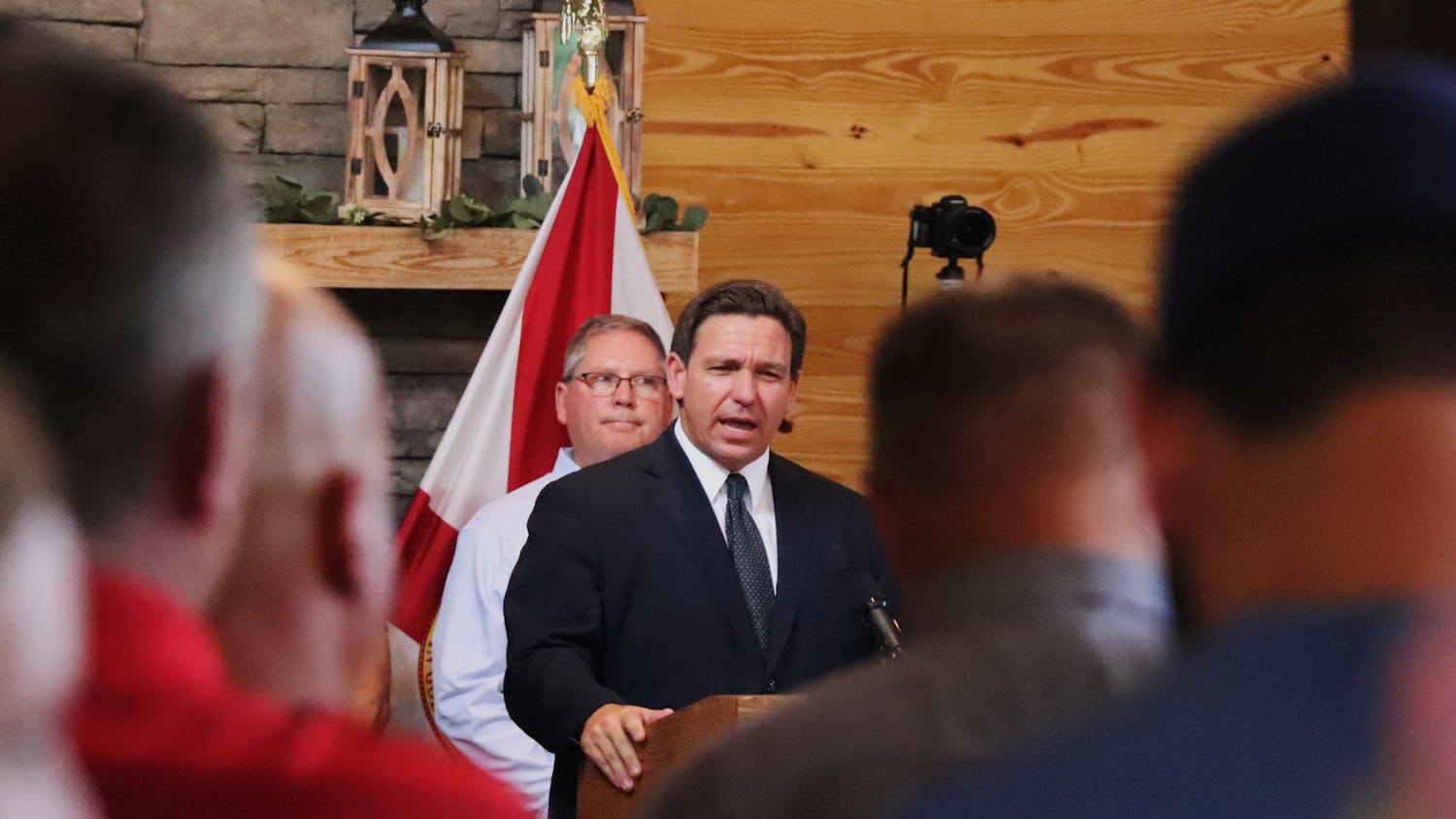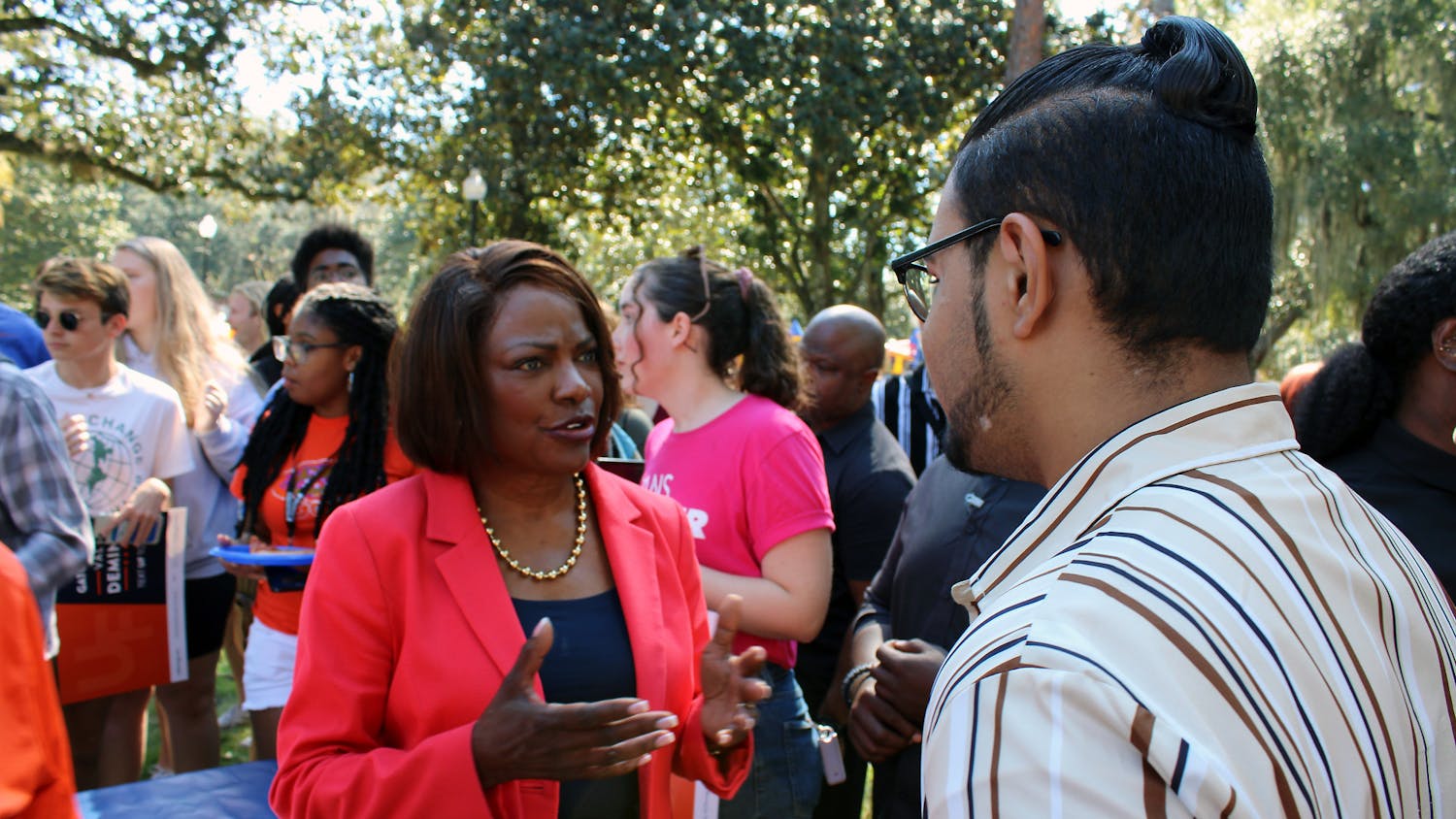Americans are in a panic about the recent Ebola cases in Texas. On Sept. 30, Thomas Eric Duncan, a Liberian who was visiting family in Dallas, was diagnosed with Ebola. On Oct. 8, Duncan died of the virus. Two health care workers who treated Duncan, Amber Vinson and Nina Pham, were also diagnosed with Ebola and are currently being treated.
The most common response to the Ebola crisis from politicians and media pundits has been to call for some kind of travel ban between the U.S. and West African countries, where the virus has spread widely.
However, numerous public health experts, including Centers for Disease Control and Prevention Director Thomas Frieden, have argued that a travel ban could actually worsen the situation by making travel from West Africa more difficult to monitor. Frieden has also said travel restrictions could make it harder to provide humanitarian aid and medical treatment to areas affected by Ebola.
U.S. Sen. Marco Rubio, R-Fla., added to the hysteria this week when he announced his plan to propose a temporary ban on issuing visas to travelers from countries where Ebola has spread.
“Our biggest priority is ensuring that sufficient safeguards are in place to limit the spread of Ebola, contain it at the source, and protect Americans,” Rubio said in a statement. He also said the complex issues surrounding the Ebola situation “continue to threaten US national security.”
Despite Rubio’s insistence that Ebola is an urgent public health and national security issue, his proposed bill won’t even be introduced to Senate until mid-November, when Congress reconvenes following the midterm elections. In the meantime, Rubio apparently has more important things to do, like campaigning for Gov. Rick Scott’s re-election on Monday.
To be fair, Rubio isn’t the only Florida politician to make ignorant proposals about containing Ebola. U.S. Rep. Dennis Ross, R-Fla., previously suggested that the U.S. ban all direct flights arriving stateside from Liberia, Guinea and Sierra Leone. There’s only one problem: There are no direct flights to the U.S. from any of those countries.
In reality, Americans have no reason to fear an Ebola outbreak. Despite budget cuts to the CDC and other public health agencies, the U.S. has one of the most advanced health care systems in the world. Because Ebola requires direct contact with bodily fluids, the disease is exceptionally difficult to contract.
In 2012, more than 33,500 Americans were killed in motor vehicle accidents. About 1 million Americans every year die from heart disease. However, neither of these causes of death receives a fraction of the media coverage or political attention afforded to Ebola, which has yet to kill a single American citizen.
Rubio, Ross and other politicians should stop using Ebola as a scare tactic to needlessly confuse and alarm voters ahead of the November election. Such fearmongering distracts from real issues affecting Floridians, such as the economy, education and climate change.
[A version of this story ran on page 6 on 10/22/2014]





